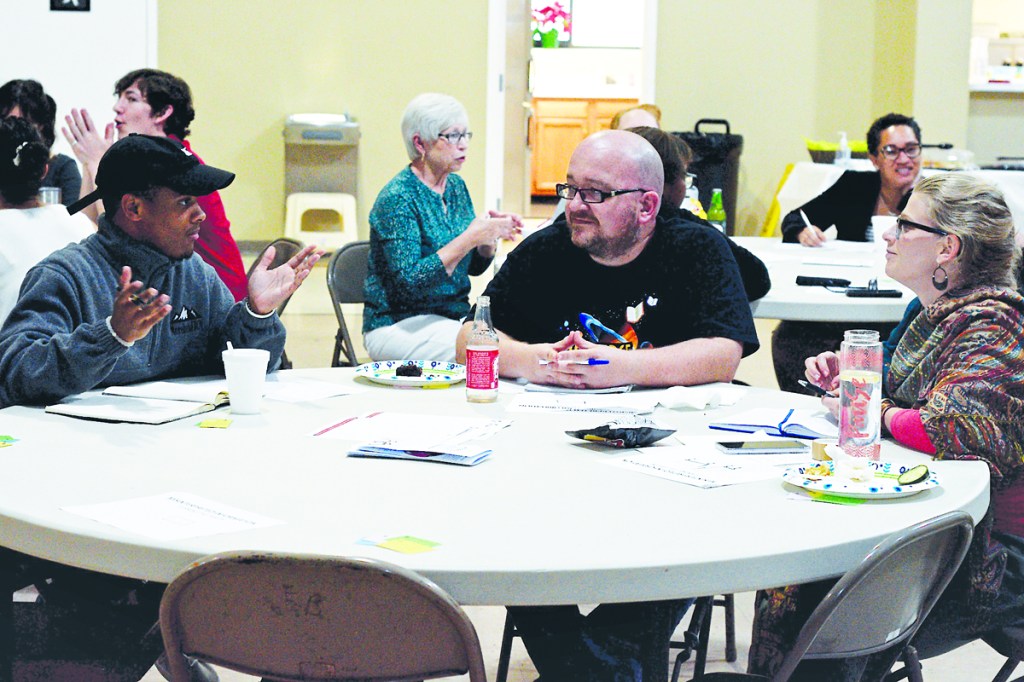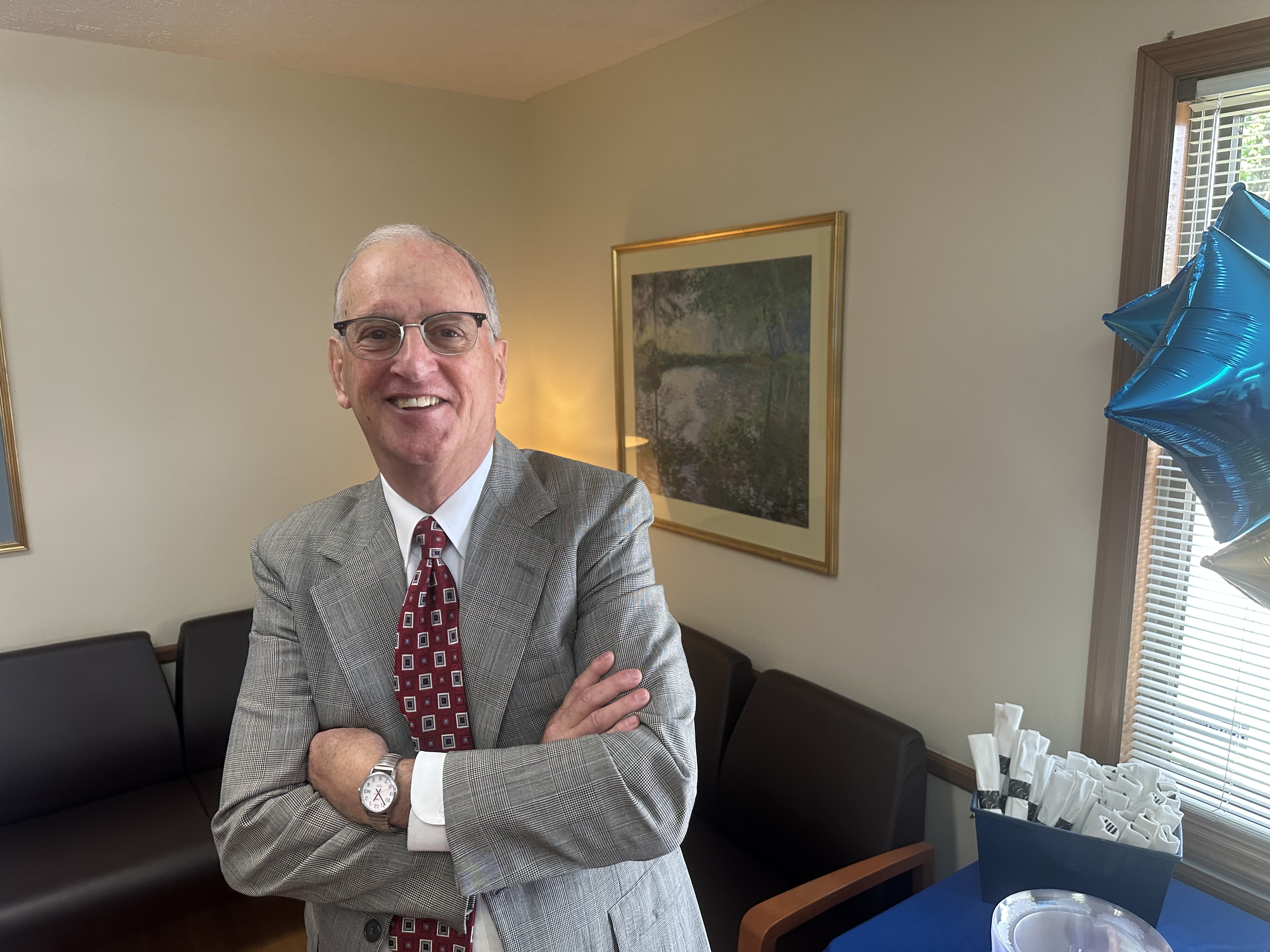Avoiding collisions: Diversity trainings continue
Published 9:14 am Wednesday, June 5, 2019

- Participants in the second round of a local diversity training series talk last week about “The Intersection of Race and Culture: Avoiding Cultural Collisions. The next session, “Let’s Talk About Race,” is in September. (Photo by Lashana Harney)
When approaching an intersection, a driver typically avoids the possibility of a collision.
They take extra precaution, slow down, follow the signals and more.
Pastor Edward Palmer asked his audience to imagine the intersections of race and culture. Palmer said sometimes those intersections can lead to cultural collisions, often due to ignorance. But with the right knowledge, people avoid those collisions.
The last session of the second part of the diversity training series, “The Intersection of Race and Culture: Avoiding Cultural Collisions,” wrapped Friday.
It built from information learned in the first session. Palmer, a nationally and internationally recognized voice in leadership development, once again led the sessions.
In “The Intersection of Race and Culture: Avoiding Cultural Collisions,” Palmer provided community partners, service providers and state and local agencies with an overview of the importance of cultural competency and how demonstrating this supports effective decision making and promotes engagement when serving families from a wide variety of backgrounds.
A partnership between Clark County Health Department, Clark Regional Medical Center, Better Together Winchester and The Greater Clark Foundation funded the program.
After attending the program, participants could:
— Describe what is meant by culture and how it impacts behavior.
— Understand the connection of culture to both the behavior of individuals, youth and families, as well as the response of “system” personnel.
— Understand how to recognize when one is at an intersection of culture and race.
— Apply skills to aid in minimizing the possibilities of cultural collisions occurring at cultural intersections.
The high-energy, interactive sessions included a presentation and group discussion.
During the second session, Palmer talked about “the golden rule.”
“The golden rule is not a good rule,” Palmer said. “One is because the golden rule, treat others as you would want to be treated, makes an assumption that we have the same beliefs.”
Palmer continued to explain how the golden rule assumes everyone has the same beliefs, needs and experiences.
Instead, Palmer proposed “platinum rule,” which is to treat others as they want to be treated.
Continuing education credits were also available for multiple disciplines.
Palmer later asked the audience to consider their beliefs, values, culture. The audience shared stories about their unique traditions around birthdays, observed familial gender roles, awkward interactions with other cultures and more.
Palmer showed pictures on the screen — Colin Kaepernick kneeling, a gay couple embracing, the modern display of the Confederate battle flag, a Black Lives Matter poster — and asked the audience how it made them feel and why. Palmer wanted the audience to dig deep, examine their beliefs, but he said he wasn’t trying to change anyone, but instead, allow them to see and hear and understand others’ perspectives.
Palmer said there are three different ways to respond to cultural differences: clash, refuse or embrace,
“We can embrace those differences,” Palmer said. “To do that we’ve got adapt to and accept the diversity. That’s where this last one becomes difficult because to accept our cultural differences … you got to understand others. You got to adjust your behavior, your norms… You’ve got to embrace the cultural norms of others as a part of their identity.”
Palmer encouraged attendees to sign up for the remaining sessions, but it is not a requirement. The remaining topics include:
— September: Let’s Talk about Race
— November: Tying Things Together
All sessions are free. To learn more and register, visit ClarkAmbition.org/2019.







